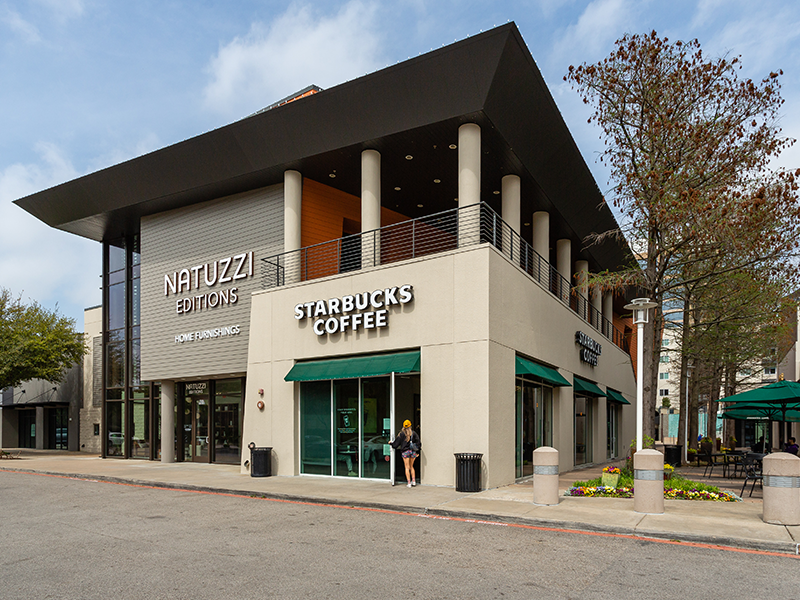CRE’s Deal Anxiety Shows Signs of Easing
Though their reasons may vary, most stakeholders have an urge or a need to start transacting again, observes Dekel Capital's Shlomi Ronen.

After a year of historically low transaction volumes, we are finally beginning to see encouraging signs that real estate activity may be picking up.
It’s been helpful that the Fed has given the market guidance on rate cut expectations for this year, and the economy seems to be leveling off at a 3 percent inflation rate, which has driven the treasury yield down to around 4 percent. This has helped encourage developers, equity funds, investors, and lenders, who are tired of suffering from the “deal anxiety” over the past year to ease their underwriting parameters in order to transact. Here are some of the other factors that are driving market participants to transact this year.
Investors
In 2023 with interest rates continuing to climb, investors were focused on asset management, while figuring out how to recapitalize maturing debt and negotiate loan extensions and modifications with their lenders. Those that just had no hope of recovering their equity handed back keys to their lenders. Investors were dealing with their LPs and sending out capital calls. Preff and mezz became readily available last year, and many investors took advantage. As treasury yields dropped to the 4 percent range, some investors were able to refinance their floating-rate debt, mostly cash-in refinances with preff and mezz to the rescue when LP capital calls come up short. With the stabilizing fundamentals, investors are out on the hunt again. The challenge is that many owners/sellers are seeing the same improving fundamentals and are expecting lower cap rates than what buyers are willing to pay.
Developers
With rent growth across asset classes generally flat, developers are focusing on value engineering to achieve higher yield on cost demanded by equity investors. General contractors and subs are cooperating as they see their job pipeline shrink but are limited by a strong labor market. With construction financing generally available from debt funds, life companies and increasingly again from banks, developers are pushing ahead and focusing on delivering projects in 2-3 years with little to no competing new supply.
Equity funds
There’s pressure not only to sell the last remaining deals in funds where the managers are into the promotion, but to deploy the record $213 billion in funds that were raised in 2021. There’s a flight to quality in terms of asset age as well as location and sponsorship for new investments. Opportunity funds are considering development (primarily multifamily and industrial) and a small number are entertaining office. The key here is to block out the noise and focus on the fundamentals. The challenging environment to raise funds last year is improving, forcing groups to invest their capital to be able to raise new capital
Lenders
We are not seeing much movement from the domestic banks. U.S.-based lenders are still learning how to deal with regulatory pressure with very low payoffs on their portfolio along with a mismatch between the yields that they are receiving on their assets relative to their liabilities. Consequently, foreign lenders are seeing an opportunity to capture market share and are ramping up their lending activity while attracting deposit relationships.
Debt funds and bridge lenders are becoming more flexible while maintaining higher spreads, waiving lockout provisions, bifurcating the interest payments to a current and accrue as well as lowering their stabilized debt yield requirements, allowing for the purchase of interest rate caps that are way out of the money to reduce transaction costs—all to make deals pencil. Specifically, recapitalizations.
As we settle into 2024 the market is still contending with the timing of the Fed interest rate cuts, a stubbornly strong economy (good for CRE), an upcoming presidential election and heightened geopolitical tension. All these should make for a bumpy recovery for transaction volume this year.
Shlomi Ronen is a managing principal & founder, Dekel Capital.







You must be logged in to post a comment.